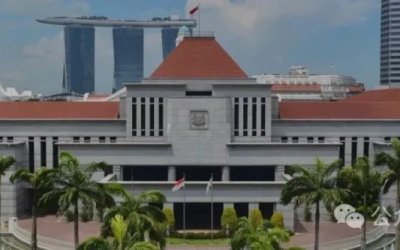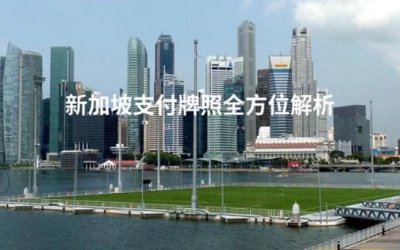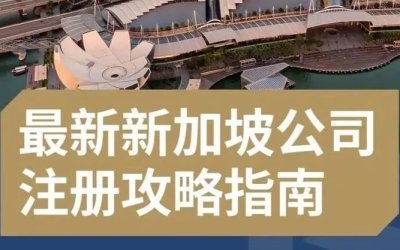2025年2月5日,新加坡人力部長陳詩龍在國會書面答覆阿裕尼集選區議員嚴燕松有關違規加班現狀及對員工影響研究的問題。
以下內容為新加坡眼根據國會英文資料翻譯整理:
嚴燕松(阿裕尼集選區議員)詢問人力部長:
(a)過去三年,當局調查多少起通過虛抬職銜規避加班費的案件,其中查實比例為何?
(b)有何防範機制及是否計劃針對性稽查?
(c)是否研究違規加班對員工過勞的影響?
(d)擬採取哪些執法措施應對此問題?
陳詩龍醫生(人力部長)答覆: 通過虛抬職銜規避加班費的行為並不普遍。過去三年,勞資政糾紛調解聯盟(TADM)年均接獲45起員工投訴,指控僱主不當分類職位致其未能獲得加班費(含涉嫌虛抬職銜情形)。其中約三成投訴查證屬實,僱主被要求補償。處理此類案件時,職銜並非判定依據,須根據具體職責(如業務決策權等級)個案研判。
人力部(MOM)每年開展約5,000次「職場權益」(Workright)稽查,並通過宣導活動確保僱主遵守《僱傭法令》。違規僱主將轉介至僱傭診所接受培訓整改;情節嚴重或系統性違規者將面臨罰款及檢控。
針對加班致過勞問題,人力部暫未專項研究違規加班與過勞的關聯,但已通過立法保障員工福祉,包括:
- 僱主須每周提供1天休息日
- 每日工時不得超過8小時,每周不得超過44小時
- 依《工作場所安全與衛生法》,僱主須評估工作風險併合理排班以緩解疲勞

以下是英文質詢內容:
Mr Gerald Giam Yean Song asked the Minister for Manpower (a) in the past three years, how many cases of inflated job titles to avoid paying overtime have been investigated and what proportion of such cases are substantiated; (b) what are the safeguards to prevent such practices and whether targeted audits are planned; (c) whether the Ministry has conducted studies to assess the impact of non-compliance with overtime regulations on burnout among workers; and (d) what enforcement measures are being considered to combat this issue.
Dr Tan See Leng: The prevalence of misclassification to avoid paying overtime pay remains low. In the past three years, the Tripartite Alliance for Dispute Management (TADM) received an average of 45 claims per year from employees who felt they were misclassified and denied of overtime. This can include cases where the employee felt that their job titles were being inflated. TADM found about 30% of these claims to be valid and employers were advised to make due compensation. In handling such cases, the employee's job title is not a relevant factor. Rather, each case is assessed individually based on the specific scope of the job, such as the level of decision-making powers in managing a business function.
To safeguard against the non-payment of overtime pay and other breaches of employment laws, the Ministry of Manpower (MOM) regularly conducts Workright outreach campaigns and around 5,000 Workright inspections yearly to check on employers' compliance with the Employment Act. Employers found to have lapses will be referred to Employment Act clinics for training and rectification. If the lapses identified are more severe or systemic, we will take a strong stance and more serious enforcement actions, such as fines and prosecution, will be taken.
On the issue of overtime leading to burnout, MOM has so far not conducted studies to assess how non-compliance with overtime regulations impacts burnout. Nonetheless, we have put in place various legislative safeguards to protect the well-being of workers and ensure that they have sufficient rest. For example, employers must provide one rest day per week and are restricted from contractually binding employees to work more than eight hours in one day or more than 44 hours in one week. Under the Workplace Safety and Health Act, employers are also required to conduct proper risk assessment of work activities and manage their employees' workload and work shift so as to manage fatigue.
CF丨翻譯
Alex丨編審
新加坡國會丨來源丨圖源





















